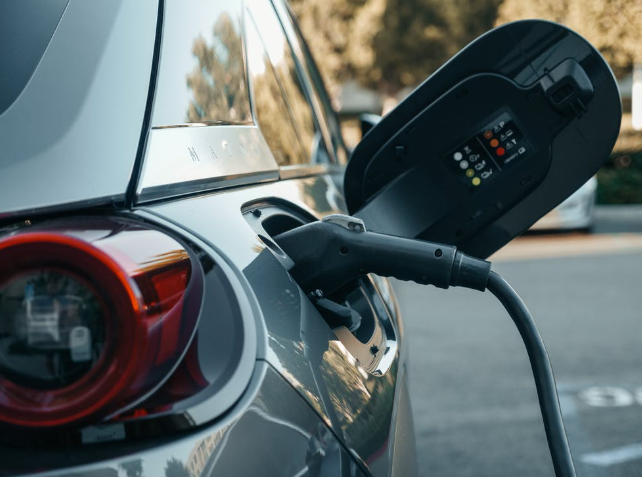
New battery technologies are on the way to electric vehicles, offering longer range, faster charging, lower sticker price, and less range degradation.
These new batteries will be more environmentally friendly too.
EV Lithium Ion
According to CNET, Sila Nanotechnologies is replacing the graphite anode that forms a lot of the bulk and 15% of the weight of the recent lithium-ion batteries with a form of silicon that it claims will give battery cells up to a 40% increase in energy density while also charging faster.
For example, this change will give a Ford F-150 a 35MPG from 25MPG by its next model.
Mercedes is the first customer to offer Sila Nanotechnology as an option for its new electric EQG in 2025.
Also Read : Hitachi Zosen Solid-State Battery Debuts in Japan- Answer for Battery-Powered Spacecraft?
Another company to watch out for when it comes to silicon and lithium batteries is Group 14. The company is currently partnered with Porsche.
OneD is working on a strategy of growing silicon nanowires on the graphite anode of a lithium battery. All of these approaches leverage the great performance and vast acceptance of lithium battery technologies to move to market apace.
Using of Sodium-Ion Batteries
Meanwhile, the Pacific Northwest National Lab (PNNL) announced a breakthrough in sodium ion battery tech that promises to fix the temperature changes issue that current EV batteries are facing. It can also be charged several times without degradation, and it can be naturally extinguished.
PNNL stated that it had found a way to tame the unstable aspects of sodium ion technology. However, it still needs to tackle the low energy density of the battery compared to the lithium-ion version.
The researchers of PNNL also stated that they would be able to reduce or remove cobalt from the formula, a contentious and toxic element in electric vehicle batteries.
Solid State Batteries for EVs
Solid state battery technology refers to batteries made of tightly compressed hard materials instead of the slightly moist material that makes up a lithium battery, according to ArsTechnica.
The fact that a solid-state battery is composed of hard materials in a rigid package is not what makes the battery perform better. Still, it is a simple way to describe a construction that promises several benefits.
A solid state battery has a greater energy density. It could yield an EV with more range from the same size battery or range from a smaller, cheaper battery in the future, according to DNV.
The battery also offers faster charging. While most charging time lasts under 30 minutes, solid-state batteries target a shorter charge time and can help change EVs' perception.
Also, it has longer cycle life. This type of technology is a key part of GM's plan to produce a million-mile life battery. Solid state batteries also promise thermal stability.
This article is owned by Tech Times
Written by Sophie Webster
ⓒ 2026 TECHTIMES.com All rights reserved. Do not reproduce without permission.




